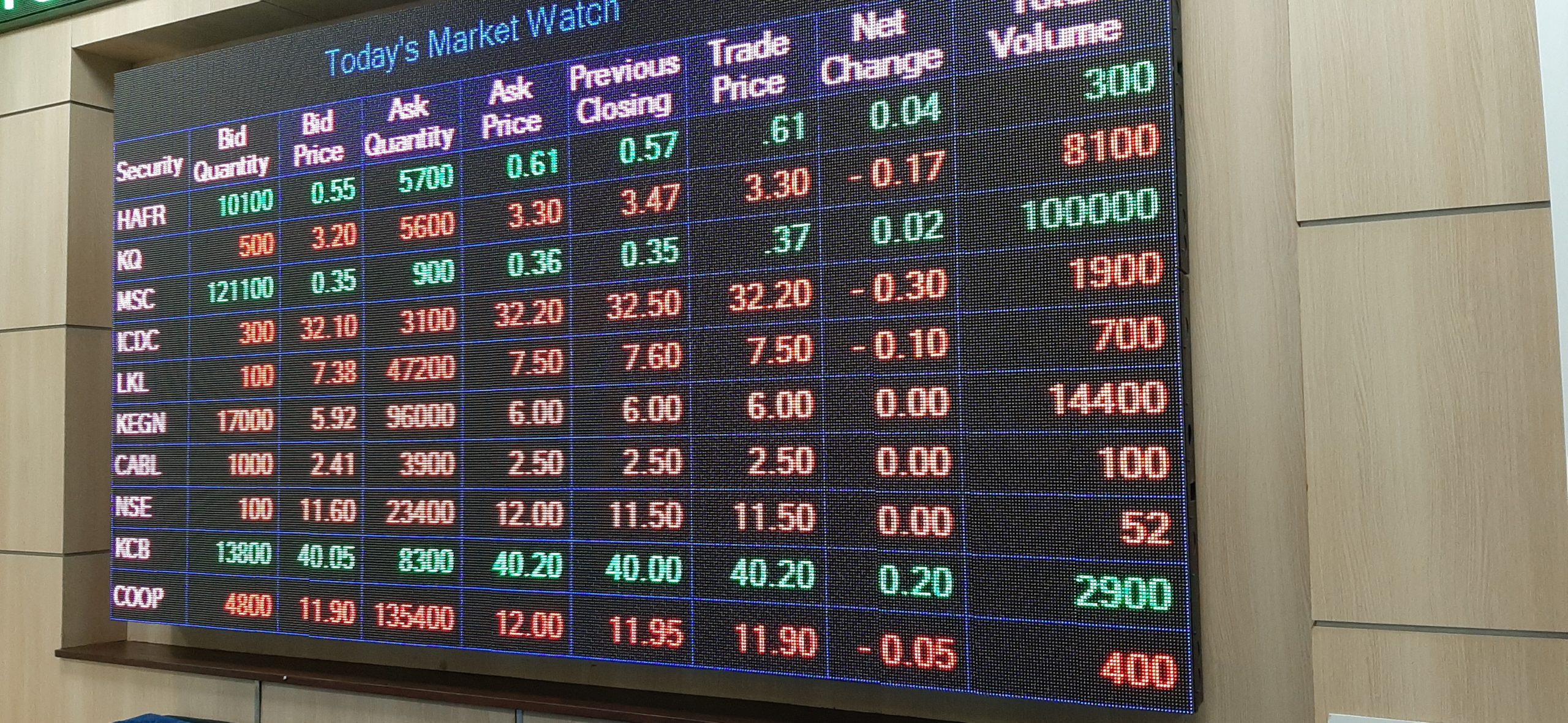Kenya, like many other African countries, is grappling with unemployment. There have been calls over the years for innovation and venture into entrepreneurship. The government has developed plans and programs that can help promote and support small and medium-sized businesses.
One such program, the Growth Enterprise Market Segment (GEMS), was launched in 2013 at the Nairobi Stock Exchange (NSE). This program was launched to help businesses tap into the country’s capital market.
Read more: Competition Authority to probe Kenya’s animal feed sector
The segment, which the NSE largely regulates under the Capital Markets Authority’s oversight, sought to give more favorable terms for listing than the more stringent listing conditions on the Main Investment Market Segment. However, only five companies are listed in the segment over a decade later. Several reasons could be attributed to that; one is limited awareness of this segment.
This article aims to reignite the talk on the Growth Enterprise market by explaining the benefits of having a business listed. The primary benefit of listing a business on the capital market is access to capital. It opens the business to a bigger pool of investors. The listing also enhances the visibility and image of the business, boosts investors’ confidence in a brand or business, and provides a good exit strategy for business owners.
Business owners need to understand the benefits of having their businesses publicly listed.
The GEMS offers several incentives to investors. First, GEMS presents an attractive proposition by reducing the free-float requirement to just 15% of the issued share capital, reducing the worry of ceding control of a business. The requirement to show that the business has been making profits is also waived for this segment. Start-ups and new ventures require time to make profits; the other market segments have no space. Corporate tax is also reduced for firms and businesses registered here.
Read more: USAID announces KES 2.9 billion to support Kenya’s co-op sector
These multifaceted incentives underscore the potential for GEMS to serve as catalysts for small- and medium-sized enterprise growth and prosperity.
Given the below-par performance of this market segment, there is still work to be done by the NSE. The regulations, though relaxed, are still keeping some businesses away. Finding the balance between investors’ need for stricter regulation and scrutiny and small businesses’ need for them to be relaxed should be an ongoing job.
Given the current government’s focus on the Bottom-Up Economic Transformation Agenda, the AP urges the NSE to revitalize this market segment. The segment’s marketing should be upscaled, and the issues that have kept businesses off should be addressed. Its slow growth is something we can address and unlock the potential change that the Growth Enterprise Market Segment may have on Kenya’s economy. There is a small- and medium-sized enterprise funding problem in Kenya, and the solution lies in the capital markets. Revitalizing GEMS will be a great step toward fully realizing and exploring this solution.
Email your news TIPS to editor@thesharpdaily.com
















